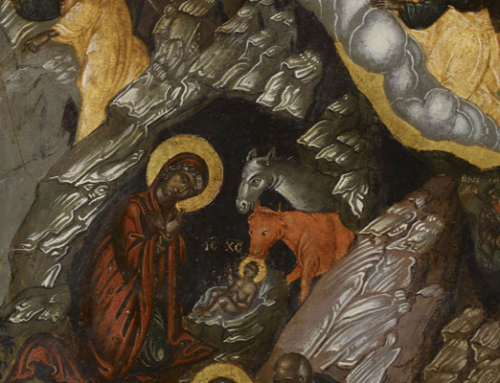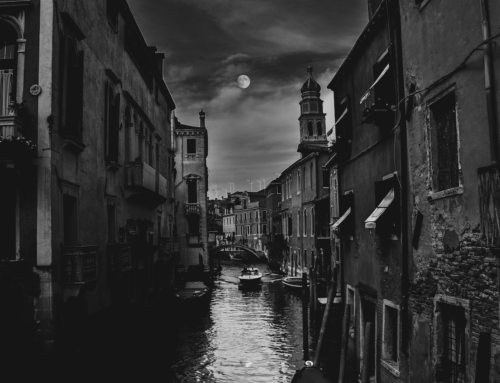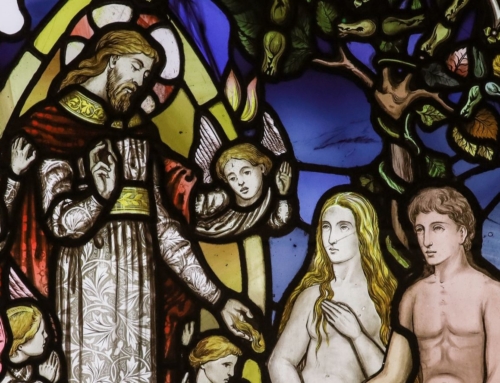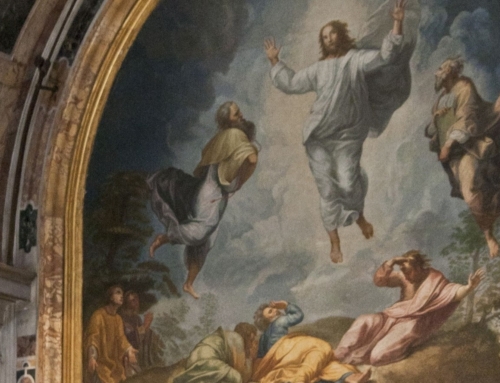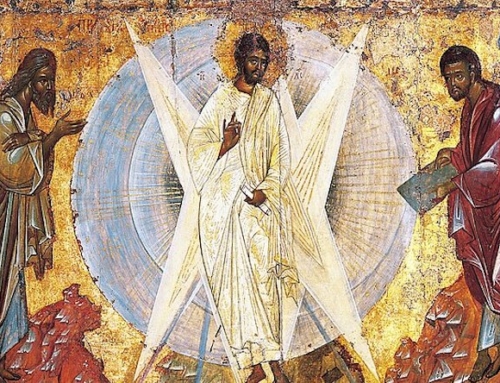“Why?” It’s a common enough question, even from a very young age. We tend to ask the question differently as time goes on, though: “Daddy, why is that squirrel’s belly white?” becomes “Why didn’t my son come home from Iraq?” To be sure, toddlers have a certain grasp of tragedy—“Why don’t we visit grandpa any more?”—and adult life is not without joy—“Why did such a wonderful woman agree to marry me?”—but our “why?”s seem to lose the toddler’s sense of simple wonder as we grow older.
In our experience of this fallen world, we begin to notice that God’s light is all too often dimmed and hard to see. There is real beauty in the world, which reminds us of our Creator, but there is also real ugliness and evil. Naturally, we respond with “why?” Why can’t we see God at work everywhere? We know that He is, but it’s hard to remember when He is working invisibly.
There’s a particularly stunning example of this in 2 Kings. The prophet Elisha and his servant are surrounded by an army of foes, and the servant utters a panicked cry along the lines of “why has God abandoned us to our enemies?” Elisha prays, “O LORD, open his eyes that he may see,” and the servant sees that the horses and chariots of their enemies are far outmatched by the Lord’s army of horses and chariots of fire.
Interestingly, though, there’s no fiery charge against the foe. Instead, the Lord, at Elisha’s request, blinds the invaders, and Elisha leads them away from the city. Then Elisha and his king throw a feast for the enemy army, after which the invading force politely (and probably a little confusedly) goes back home. God acts here in His characteristically invisible way, in this case literally blinding most people to His hand at work. Nonetheless, He does display His majesty to Elisha’s servant in a way that is easier for him to grasp. We, the readers, are allowed to peek over his shoulder, as it were, and gaze in awe at the fire of God’s loving protection.
Of course, this kind of experience is extraordinary. The praise of the faithful in the Book of Revelation suggests that it will only be in heaven that God’s mighty deeds are clearly revealed to us. Nonetheless, we can continue to ask the Lord, “why?” about His deeds both small and great. And as we marvel at the beauty both of squirrels and of marriage, we can ask God to remove our blindness that we may see His fiery chariots even in the darker corners of the world.
✠
Image: Fr. Lawrence Lew, O.P., Squirrel in Arlington (used with permission)



